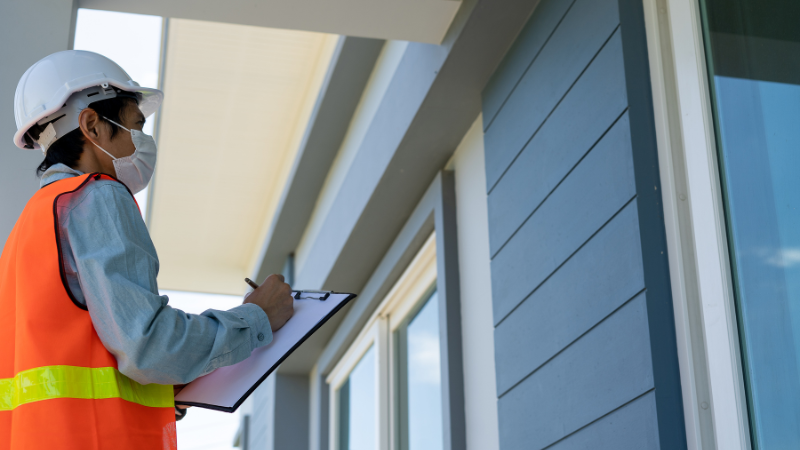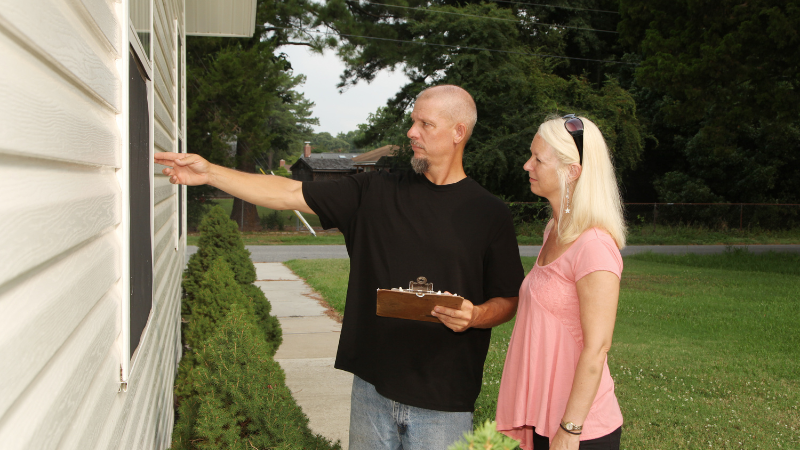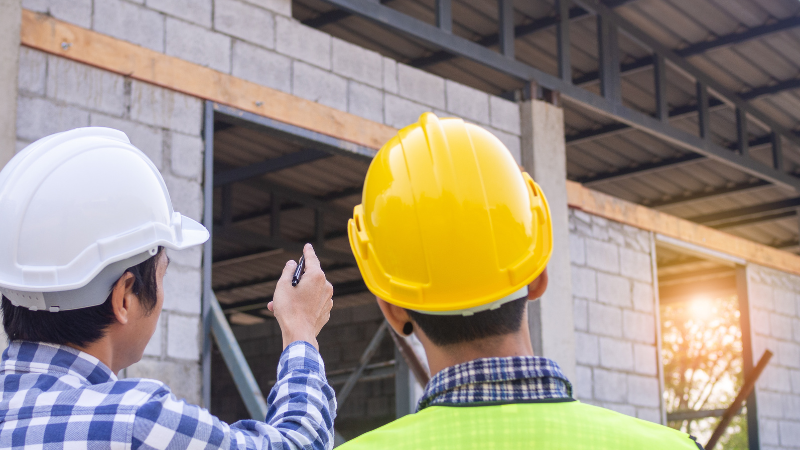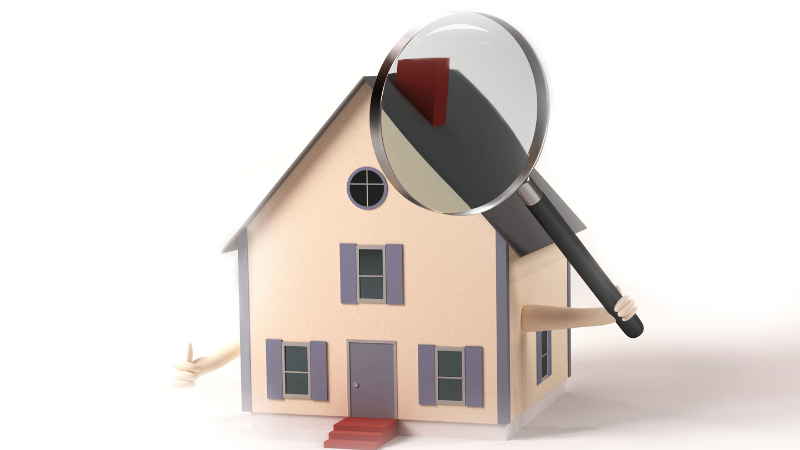The Department of Housing and Urban Development (HUD) plays a crucial role in ensuring that affordable housing in the United States meets certain standards of quality, safety, and habitability. HUD inspections are a key component of this mission, ensuring that properties receiving federal assistance maintain these standards. In this blog post, we’ll explore what a HUD inspection entails, the different inspections conducted, and how both tenants and property owners can prepare for them. Additionally, we’ll discuss the role of HUD in these inspections, the consequences of failing them, and how services like NSPIRE Experts can assist in HUD inspection preparation.
What Is the Role of HUD?
HUD’s role extends far beyond providing housing assistance; it also involves setting and enforcing standards to ensure that all HUD-associated properties are safe, sanitary, and well-maintained. Through its inspection protocols, HUD assesses whether housing units comply with federal regulations designed to protect the health and safety of residents. By conducting these inspections, HUD ensures that landlords and property managers uphold the commitments they make when they accept federal funds, such as maintaining their properties according to specific quality standards.
Types of HUD Inspections
HUD conducts various types of inspections to ensure compliance with its standards. Understanding these can help property owners and tenants prepare accordingly.
1. Initial Inspection
The initial inspection is conducted when a property is first associated with HUD, either through new construction or when it enters into a HUD program, such as Section 8 housing. During this inspection, HUD assesses whether the property meets all the necessary standards to qualify for federal assistance. NSPIRE Experts often recommend conducting a thorough Property Prep for HUD Inspection to ensure all areas meet HUD’s requirements before this initial visit.

2. Annual/Biennial Inspections
These inspections occur regularly, either annually or biennially, depending on the type of HUD program the property is part of. The goal is to ensure that the property continues to meet HUD’s standards over time. NSPIRE Experts offer HUD Pre-Inspection Consulting to help property owners prepare for these routine inspections, addressing any potential issues before the official inspection takes place.
3. Special Inspections
Sometimes, HUD conducts special inspections outside of the regular schedule. These may be triggered by tenant complaints, significant changes to the property, or if previous inspections revealed serious issues. The scope of these inspections can vary, but they are typically more focused on specific concerns raised.
How to Prepare for a HUD Inspection?
Preparing for a HUD inspection can be daunting, but with the right steps, you can ensure your property is compliant. Regular property maintenance, routine safety checks, and detailed record-keeping are vital. If you’re new to HUD inspections, you might also want to review resources such as The National Association of Housing and Redevelopment Officials (NAHRO) for further industry guidelines.
HUD Inspection Process
The HUD inspection process is methodical and structured to ensure thorough evaluations of the property.
Pre-Inspection Preparation
Preparation is key to passing a HUD inspection. This includes ensuring that all necessary documentation is up to date and that the property complies with HUD standards. For property owners, NSPIRE Experts can provide tailored HUD Inspection Preparation services to help identify and fix potential violations before the inspector arrives.
During the Inspection
During the inspection, the HUD inspector will evaluate various aspects of the property, focusing on health, safety, and building code compliance. Inspections typically involve a detailed walkthrough, where the inspector will check everything from the condition of the walls and floors to the functionality of plumbing and electrical systems. This is where HUD NSPIRE Fix Violations services become critical, as any identified issues must be addressed promptly to avoid penalties or loss of HUD funding.

Post-Inspection Procedures
After the inspection, the results will be compiled into a report. If the property fails the inspection, the owner will be required to take corrective actions within a specific timeframe. NSPIRE Experts can assist with post-inspection procedures by helping property owners understand the report, prioritize necessary repairs, and prepare for any follow-up inspections.
Common HUD Inspection Checklist
To give you a clearer picture of what a HUD inspector looks for, here’s a brief overview of the common checklist items.
Health and Safety Standards
HUD inspections prioritize health and safety. Inspectors will check for things like working smoke detectors, safe stairways, and the absence of hazardous materials such as lead paint or asbestos. Ensuring that these elements are in order before the inspection can significantly improve the chances of passing.
Sanitation and Cleanliness
The property must be clean and free from infestation or unsanitary conditions. This includes ensuring that trash is properly disposed of, bathrooms and kitchens are clean, and that there are no pest infestations.
Building and Equipment Maintenance
Regular maintenance of the building and its equipment is essential. This includes checking the HVAC system, plumbing, electrical systems, and structural integrity. NSPIRE Experts can guide property owners through a pre-inspection checklist to ensure that all maintenance issues are addressed in advance.

Benefits of HUD Inspections
HUD inspections offer several benefits for both tenants and property owners. You can learn more about how to manage compliance in property management by exploring our detailed post on Property Turnover Checklists.
For Tenants
For tenants, HUD inspections provide peace of mind. These inspections ensure that their living environment is safe, healthy, and up to the standards set by the federal government. It protects tenants from living in substandard conditions and gives them a process to follow if their housing doesn’t meet the necessary criteria.
For Property Owners
For property owners, passing a HUD inspection is essential to continue receiving federal funds. Regular inspections also help maintain the property’s value and ensure that it remains in good condition over time. By working with NSPIRE Experts, property owners can stay compliant and avoid costly penalties or funding loss due to failed inspections.
Consequences of Failing a HUD Inspection
The consequences of failing a HUD inspection can be severe for both tenants and property owners. HUD inspectors assess a property’s overall condition, including structural integrity, plumbing, electrical, and safety standards. To better understand HUD’s standards, visit their official guidelines on HUD’s REAC (Real Estate Assessment Center).
For Tenants
If a property fails a HUD inspection, tenants may be forced to relocate if the issues are not resolved promptly. This can be disruptive and stressful, particularly if the problems are significant.
For Property Owners
For property owners, failing a HUD inspection can lead to fines, penalties, and even the loss of HUD funding. The property owner must take corrective action within a specified timeframe to address the issues identified during the inspection. If the violations are not fixed, the property could lose its eligibility for HUD programs. NSPIRE Experts can help property owners navigate this process, offering services like HUD NSPIRE Fix Violations to address any issues quickly and efficiently.

What Does a HUD Inspector Look For?
During a HUD inspection, several key aspects of the property are examined:
- Health and safety standards
- Structural soundness
- Proper ventilation
- Adequate sanitation facilities
For a deeper understanding of what inspectors evaluate, we recommend checking out HUD’s guide to UPCS (Uniform Physical Condition Standards).
Frequently Asked Questions (FAQs)
1. What happens if a property fails a HUD inspection?
If a property fails a HUD inspection, the owner is given a set timeframe to correct the issues. If the issues are not resolved, the property may lose its HUD funding, and tenants may be displaced. NSPIRE Experts can assist with the corrective process to ensure compliance.
2. How can tenants prepare for a HUD inspection?
Tenants can prepare for a HUD inspection by ensuring that their living space is clean and free of hazards. They should report any maintenance issues to the property owner in advance.
3. Are HUD inspections required for all rental properties?
HUD inspections are required for properties that receive federal assistance, such as those participating in the Section 8 program. Not all rental properties are subject to HUD inspections.
4. Can a property owner dispute HUD inspection findings?
Yes, property owners can dispute HUD inspection findings if they believe there has been an error. They should provide evidence supporting their case and work with HUD to resolve the issue.
5. What are the most common reasons for failing a HUD inspection?
Common reasons for failing a HUD inspection include safety violations, unsanitary conditions, and inadequate maintenance of the property. Working with NSPIRE Experts for HUD Inspection Preparation can help prevent these issues.
Conclusion
HUD inspections are an essential part of maintaining safe, quality housing in the United States. They protect tenants and ensure that properties receiving federal assistance are held to high standards. For property owners, passing these inspections is crucial to maintaining HUD funding and avoiding penalties.
By working with NSPIRE Experts, property owners can ensure their properties are ready for inspection. Services such as HUD Pre-Inspection Consulting, Property Prep for HUD Inspection, and HUD NSPIRE Fix Violations provide the support needed to navigate the inspection process successfully. Whether you’re preparing for your first inspection or addressing issues from a previous one, NSPIRE Experts is here to help.
